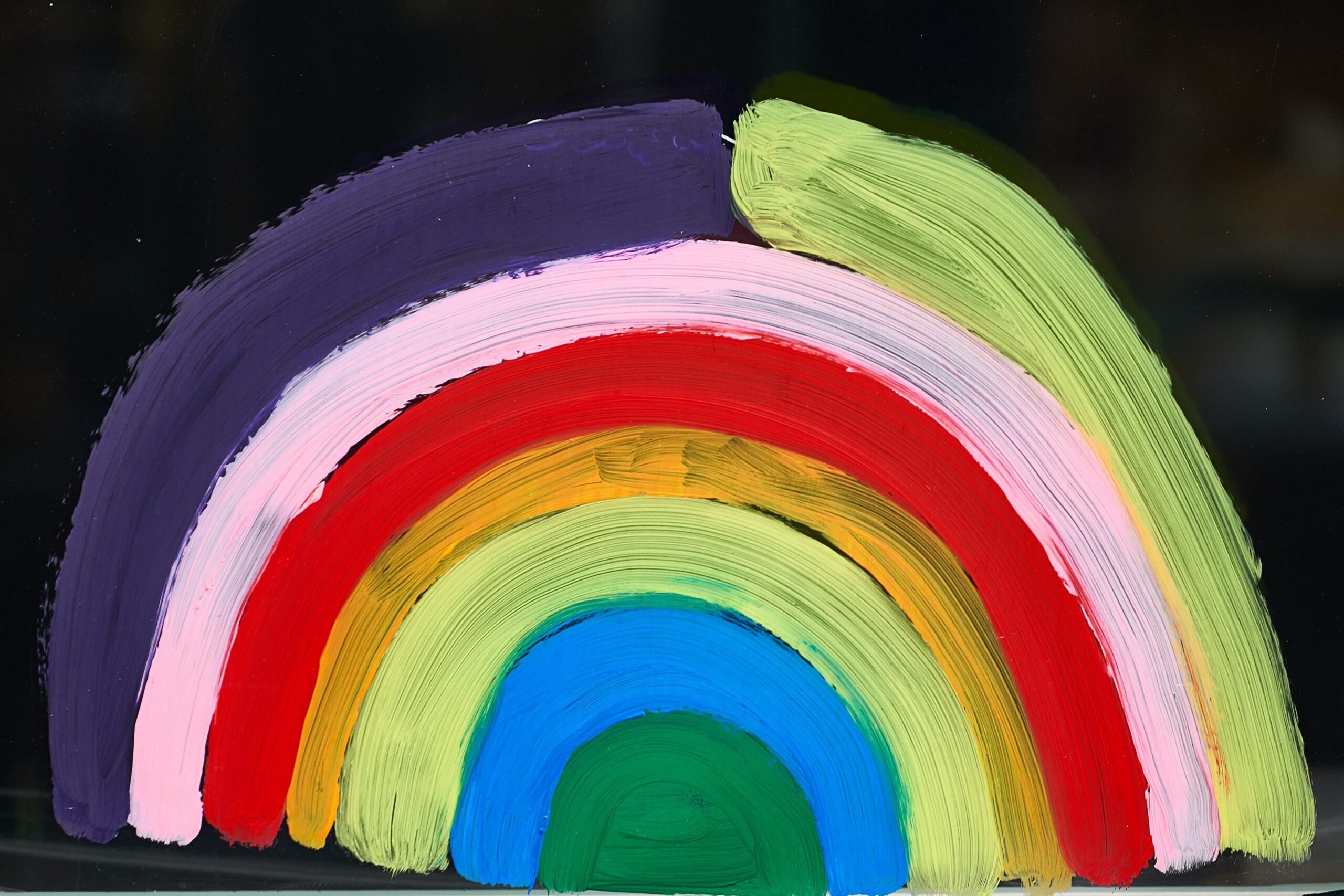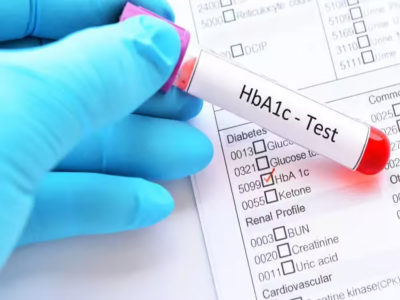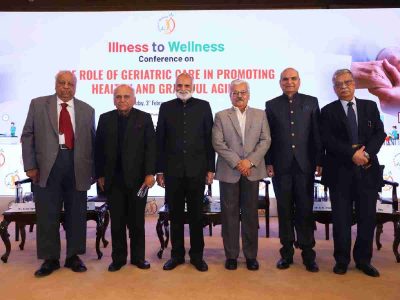Ahaana* from Chandni Chowk identifies as non-binary. She has taken therapy twice. For her first visit, she had to stand in the never-ending queue of AIIMS, New Delhi, solely because her pocket wouldn’t allow her to seek a private appointment.
Her second visit was to a clinic in Nizamuddin. However, she discontinued the sessions when asked by the therapist to put an end to all sorts of interactions with the person with whom she was in a romantic relationship.
Ahaana clarifies, “I was fearful of being judged by the therapist and was afraid to open up as none of them was a certified LGBTQIA+ affirmative therapist.” Her plight is typical of those who need a therapist who is both affirmative and affordable.
Multiple causes
Ahaana went for therapy due to many reasons. It was difficult for her to get over guilt stemming from her religious beliefs, which render having a relationship with a person of the same sex a major sin.
She says that the atmosphere at home was marred by constant domestic violence and she never had a carefree childhood. She was confused about her identity as she had feelings of a boy as well as a girl. Coming out to her parents was not easy as her mother regarded her sexual identity as a phase that will go away with time. Heated arguments in the family were a regular thing.
Taniya Gill, PhD student, University of Delhi, who is taking therapy since 2021, believes it is difficult to find affordable therapists but is lucky to have found one who never made her feel judged. She says, “I remember talking to her (therapist) about Indian politics and was relieved to learn that she didn’t have conservative and downright fascist views.”
Finding one’s way
Another student, Ria*, currently pursuing Masters in Applied Psychology from Tata Institute of Social Sciences, has consulted a therapist twice. She says that as she didn’t have the finances to cover the cost of therapy, her only option was to seek help from the counselling cell of the college.
Fortunately, she is having a good experience with her therapist, who allows her to search for the answers herself and to articulate her feelings. Ria recalls, “Initially, I was hesitant in verbalizing certain things, and that came solely from my own worries and ideas.”
No magic wand
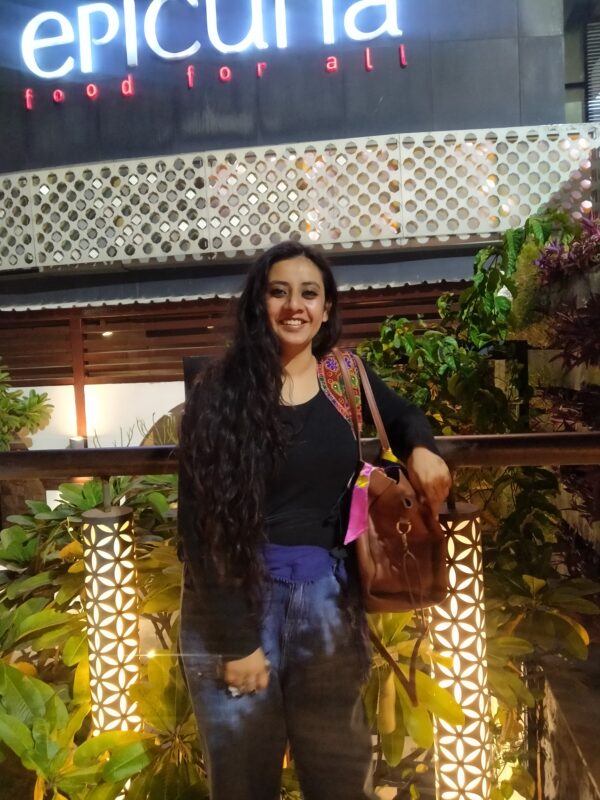
Then there are those who had a disappointing experience. Kinza Jamal, a queer social worker from Jamia Nagar, did not find therapy helpful. She took online therapy when she was an undergraduate. According to her, the therapist was not sympathetic about the emotional abuse that she had faced.
Having been raised in a dysfunctional family, she had a built-up of toxicity and grief, which she needed to channelize as anxiety attacks had become a part of her daily life. However, she found no respite in therapy.
Jamal now gets by with a little help from her friends. She has worked out her own formula for staying on course: eating healthy food, painting, doing social work, volunteering on mental health advocacy platforms and creating content on mental health.
What therapists say
Patriot interacted with Shruti Garg, a 26-year-old drama and movement therapist, certified queer affirmative therapist and comic, to get an account from the other side as well. Garg identifies as queer.
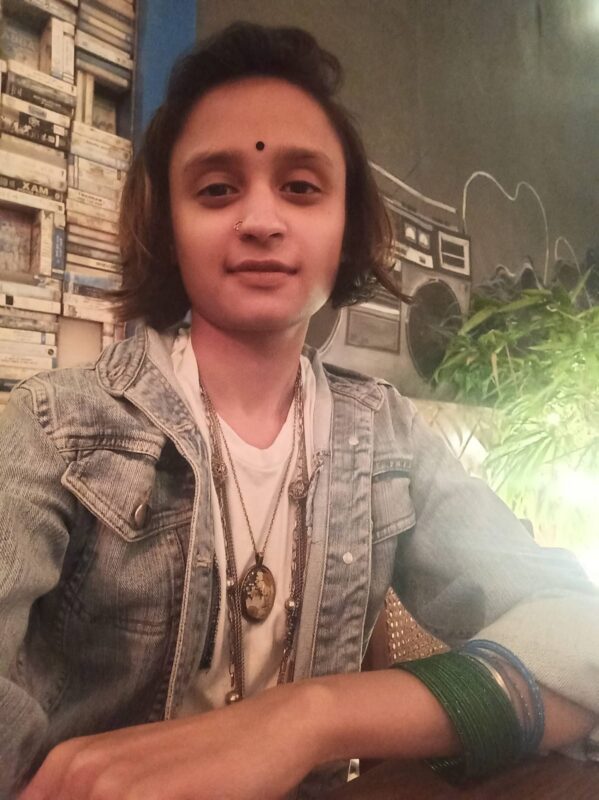
According to her, queer persons experience distress not because of who they are but because of how they are treated by society. As a mental health professional, Garg works with individuals and groups using various creative means like stories, art, music, movement and role play along with verbal communication.
She usually gets queries for therapy from individuals who identify as queer and wish to seek mental health support specifically for distress caused by the discrimination existing in our heteronormative society, where their sexuality and/or gender are considered ‘abnormal’.
A mental health professional also has their share of challenges. Elaborating on the barriers that she faces, Garg says that sometimes, individuals come to therapy with the expectation that she would help them to get rid of their homosexuality or gender non-conformity. Here, she has to also take the role of an advocate.
When asked if society has become more accepting over the years, Garg says that a queer person might have experienced discrimination and violence in their family space, at school, in workspace, in hospitals and even with mental health professionals; therefore, imagining that there are friendly spaces is hard.
Another Delhi-based queer affirmative therapist, Manya Narula, emphasizes on the need of working professionals in all fields to understand the significance of inclusivity and the adverse effects lack of the same has on the minority groups.
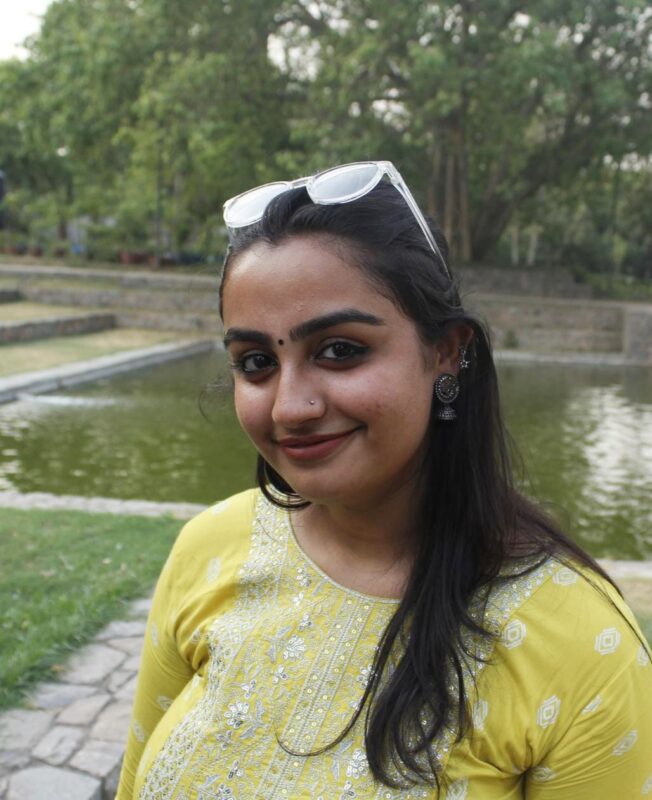
Hypocrisy noted
Narula says she is acquainted with many healthcare professionals who have been working in this area for several years and are still homophobic. “I blame this on their orthodox thinking and lack of willingness to change their mindset”, she says.
Speaking of the double standard she witnesses every now and then, Narula remarks, “Because of the job profile, they (therapists) act like they are inclusive on the surface level, but the reality is opposite and evident through their actions.”
Unique stressors
Garg points out that there are many stressors queer people face, which are unique to them, due to being ‘their true self’ in the heteronormative society. These are the stressors that a non-queer individual would not have to face in their day-to-day life.
She gives an instance: “I might have to spend so much labour every day in masking my gender…from deciding whether it is safe to wear nail paint in my office (being seen as a man), or do I need to walk differently to be accepted. We spend our energy everyday in hiding who we are, and this is stressful and can lead to a lot of mental health distress.”
Garg agrees that there is no complete acceptance yet. We have come a long way but we have a longer way to go ahead. “Complete acceptance is not just about scrapping one discriminatory law, being able to share my preferred pronouns on social media or finally seeing some queer representation in Bollywood movies.”
She continues, “These are all huge steps towards building a safer society for the queer community; however, we need to understand that the process of creating more acceptance for the queer community has to be rigorous as well as continuous.”
Internalized phobia
We live in a heteronormative society due to which a certain degree of homophobia and transphobia is present within all of us. Garg explains, “I identify as a queer person, but I might also be dealing with my own internalized homophobia and phases of non-acceptance towards my own self.”
Educating children from a young age about the existence of diverse gender and sexuality is necessary to build a healthy future for them. ‘Queer’ does not exist somewhere in faraway lands, but ‘queer’ exists around us…within us…within our children.
There are age-appropriate resources available online, which can be used to teach children about diversity. These resources exist in various forms: toys, stories, videos and pictures. There are schools, where these can be incorporated in the form of curriculum.
Chosen family
Garg says that she makes her clients aware of the concept of chosen family and support groups as their mental health distress is not coming from faulty thinking but due to being deprived of basic human needs.
Definitely, when we look at access to mental health services, we need to look at the disparity on the basis of not just class, but also on the basis of caste, gender, sexuality and religion. There are individuals and organizations who are working towards being more accessible to those of us living at the margins; however, we also require systemic changes to occur, in terms of government policies, fundings, awareness etc. for therapy to be accessible to all.
Family intervention
In some cases, family therapy or psycho-education with the parents is done to create more holistic support for the queer individual. Garg says, “It depends on what the individual is looking for, and as a therapist, I believe in going by that. Every queer individual wishes to navigate their situation with their family differently.” At times it is not even safe to get one’s family on board, and many are forced to come to therapy hiding from their family. She says that sometimes, we are successful in getting support from parents, but in some cases, we aren’t, and we have to be ready to work with both the realities in the therapy room.
More safe spaces
There is a need to create more spaces for open conversations. We all live within the heteronormative dominant structures, and it would demand us to see learning and unlearning as a continuous process.
As Garg puts it, “Empowerment looks different for each individual..let us also be open to acknowledging the fact that, as queer individuals, sometimes we are out loud and proud and at times we are forced to hide. However, we have been there for a long time even when these conversations did not take place, and we are there, everywhere…in every classroom, at every workplace, in every family, in every football team…everywhere…”
*Names changed to protect identities
Send your comments to feedback@thepatriot.in
For more stories that cover the ongoings of Delhi NCR, follow us on:
Instagram: https://www.instagram.com/thepatriot_in/
Twitter: https://twitter.com/Patriot_Delhi
Facebook: https://www.facebook.com/Thepatriotnewsindia

